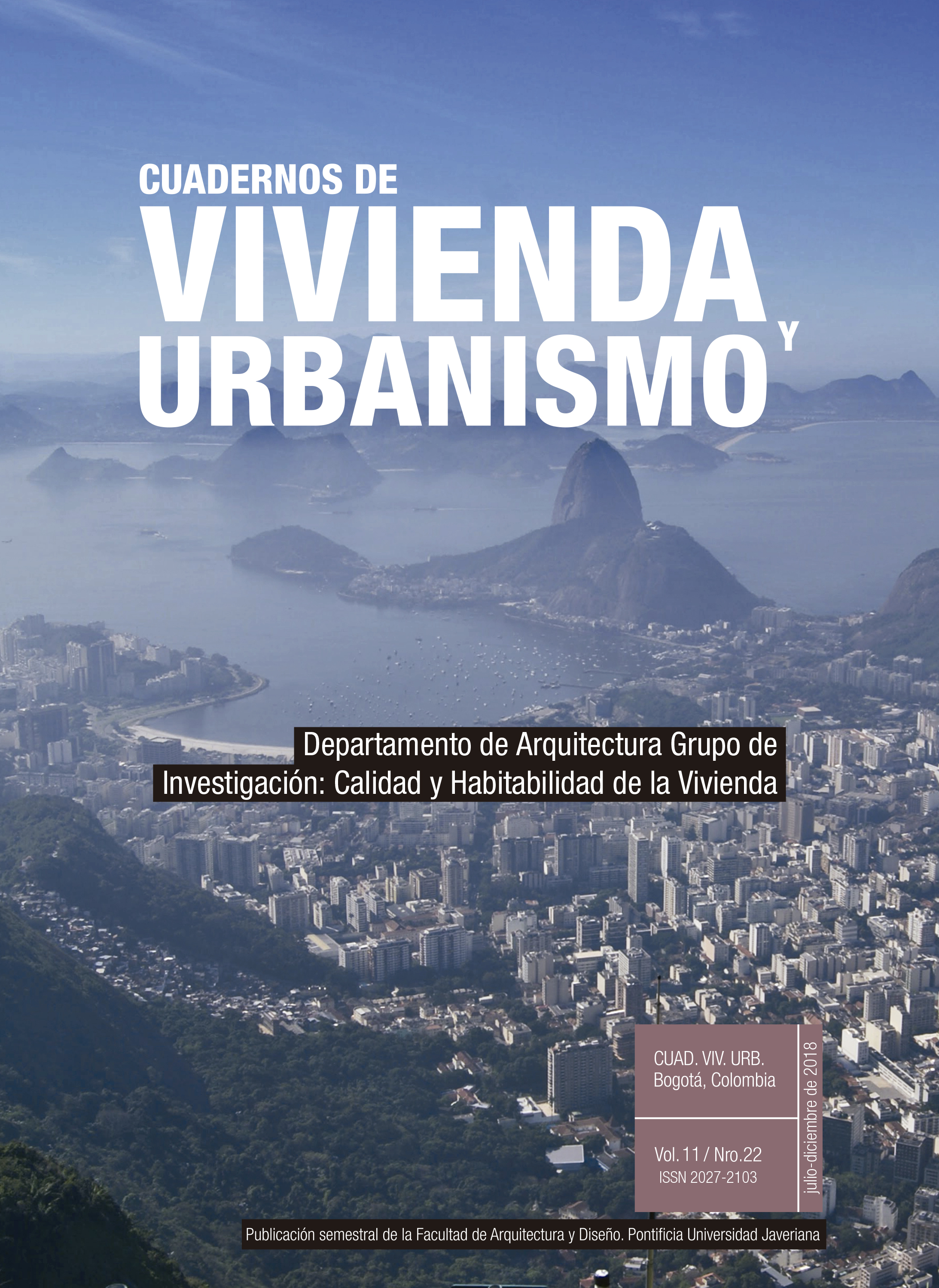Abstract
The flâneur is known as a Parisian urban figure in the XIX century that embodied certain lifestyle and a certain relation with the city, especially with commercial spaces in both transient and observer ways. Nowadays, the city has changed its dynamics and is considered as a consumption space more than a stroller space, so with the birth of mass culture and consumer society, the flâneur was considered extinct. This article seeks to demonstrate how the figure of flâneur is still valid and explains properly the relation between pedestrian and commercial spaces, this time in a Latin-American city: Bogotá. Two specific cases, the strolling in the passages outdoor and consume in malls are then analyzed. Finally, there’s a reflection about the stroller’s experience in the contemporary cityThis journal is registered under a Creative Commons Attribution 4.0 International Public License. Thus, this work may be reproduced, distributed, and publicly shared in digital format, as long as the names of the authors and Pontificia Universidad Javeriana are acknowledged. Others are allowed to quote, adapt, transform, auto-archive, republish, and create based on this material, for any purpose (even commercial ones), provided the authorship is duly acknowledged, a link to the original work is provided, and it is specified if changes have been made. Pontificia Universidad Javeriana does not hold the rights of published works and the authors are solely responsible for the contents of their works; they keep the moral, intellectual, privacy, and publicity rights.
Approving the intervention of the work (review, copy-editing, translation, layout) and the following outreach, are granted through an use license and not through an assignment of rights. This means the journal and Pontificia Universidad Javeriana cannot be held responsible for any ethical malpractice by the authors. As a consequence of the protection granted by the use license, the journal is not required to publish recantations or modify information already published, unless the errata stems from the editorial management process. Publishing contents in this journal does not generate royalties for contributors.



